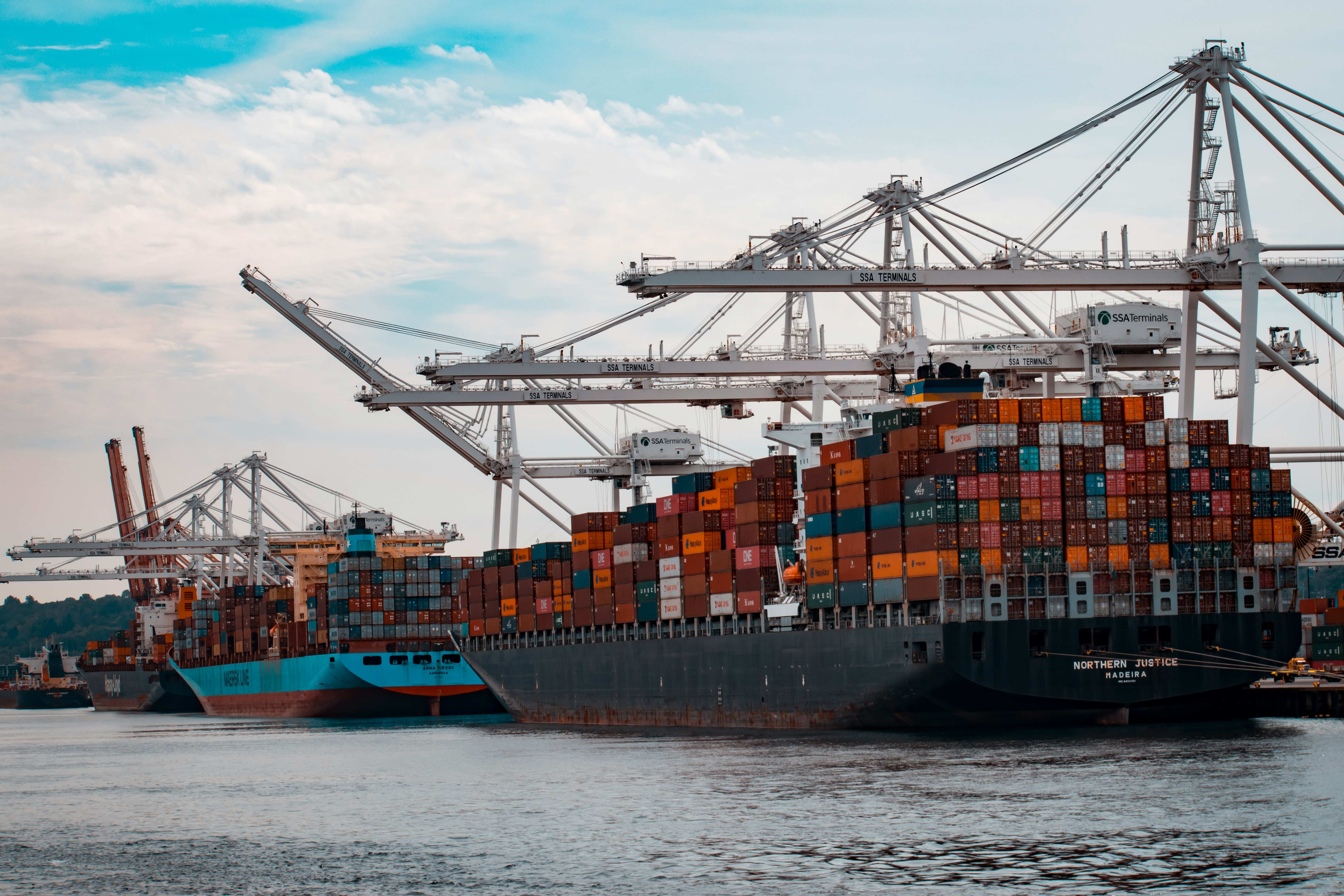[SINGAPORE] Singapore's non-oil domestic exports increased 5.4% in March compared to the same month a year ago, according to official data released on Thursday, with shipments of both electronics and non-electronics up.
The growth in electronics exports, which climbed 3.2% year-on-year, was driven by strong demand for integrated circuits, disk media products, and telecommunications equipment. This marks the second consecutive month of expansion for the sector, signaling a tentative recovery after months of subdued performance amid global supply chain adjustments.
Singapore's exports grew more strongly than anticipated in March, rising 14.6% year-on-year and outpacing the 14.1% increase forecast in a Reuters poll. The surge follows a 7.6% expansion recorded in February, offering a tentative sign of recovery.
Driving the growth were non-electronic shipments—Singapore’s primary export segment—which rose by 6.1%. Gains were led by higher exports of pharmaceuticals, specialized machinery, and chemicals. Despite the improvement, economists warned that the performance fell short of expectations, reflecting persistent external pressures such as weakened demand in key markets and heightened geopolitical risks.
Enterprise Singapore did not provide month-on-month seasonally adjusted figures in its latest release.
Regionally, shipments to Taiwan, Indonesia, Hong Kong, Thailand, Japan, and South Korea saw year-on-year increases in March. However, exports to China, Singapore’s largest trading partner, declined—highlighting the impact of China’s uneven economic recovery. Sluggish consumer demand and a prolonged property downturn in China continue to weigh on key Singaporean export sectors, including petrochemicals and precision engineering.
Singapore’s trade-reliant economy remains exposed to shifting global dynamics. Trade Minister Gan Kim Yong acknowledged on Wednesday that the possibility of a recession could not be discounted, citing trade policy uncertainty, particularly from the United States.
Economists echoed the concern, noting that while the export rebound is a positive sign, it may not be enough to counter broader economic headwinds. Rising protectionism, a cooling global economy, and the potential resurgence of U.S.-China trade tensions remain key risks.
Prime Minister Lawrence Wong also weighed in, expressing concern over Washington’s decision to delay the implementation of most of its planned "reciprocal" tariffs by three months. Wong emphasized that the uncertainty stemming from the proposed measures had already unsettled global markets.
Earlier in the week, Singapore’s central bank responded to the mounting challenges by easing monetary policy for the second time this year. In tandem, the Ministry of Trade and Industry revised its 2025 economic growth forecast downward, reflecting a more cautious outlook.









.jpeg&w=3840&q=75)





